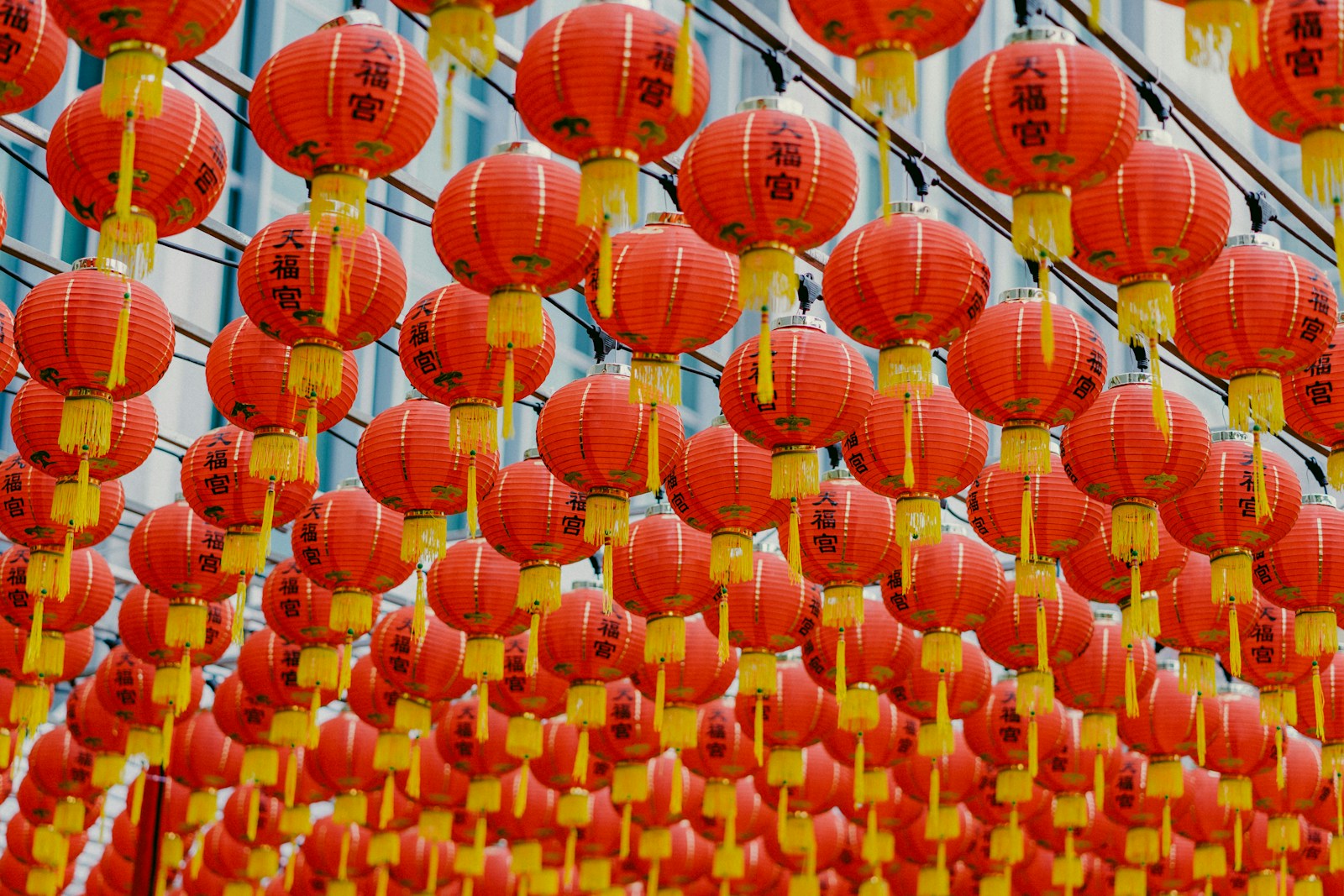
幸运
xìng yùn

lucky
The Chinese word '幸运' is used in context to indicate good fortune or luck. It can either be used to describe a person's good luck or to remark on a positive event. Similar to English usage, it's a common term in daily conversation or written language.
Example sentences using: 幸运
下雨天对我来说是幸运的
xià yǔ tiān duì wǒ lái shuō shì xìngyùn de

Rainy days are lucky for me
None
这是我的幸运数字
zhè shì wǒ de xìngyùn shùzì

This is my lucky number
It indicates a number believed to bring good luck in Chinese culture.
我感到非常幸运
wǒ gǎndào fēicháng xìngyùn

I feel very lucky
This is a common way to express the feeling of luckiness in Chinese culture.
幸运的事情总是发生在他身上
xìngyùn de shìqíng zǒng shì fāshēng zài tā shēnshang

Lucky things always happen to him
It's a descriptive phrase to express that someone is always lucky in various situations.
你是我遇到的最幸运的人
nǐ shì wǒ yù dào de zuì xìngyùn de rén

You are the luckiest person I have met
It's usually used to compliment someone who's extremely lucky.
我抽中了幸运大奖
wǒ chōu zhōng le xìngyùn dàjiǎng

I won the lucky draw
It refers to someone winning a prize in a game or competition, which usually depends on luck.
找到了幸运的四叶草
zhǎodào le xìngyùn de sì yè cǎo

Found a lucky four-leaf clover
The phrase is used to describe the act of finding something that's considered to bring luck, such as a four-leaf clover.
星期五是我的幸运日
xīngqīwǔ shì wǒ de xìngyùn rì

Friday is my lucky day
This phrase indicates that the person tends to have good luck on Fridays.
这是我最幸运的一天
zhè shì wǒ zuì xìngyùn de yītiān

This is my luckiest day
It is used when extremely good things happen to someone in a day, making it the luckiest day for them.
他有幸运宝石
tā yǒu xìngyùn bǎoshí

He has a lucky gem
This phrase suggests that the person possesses a gemstone believed to bring good luck.